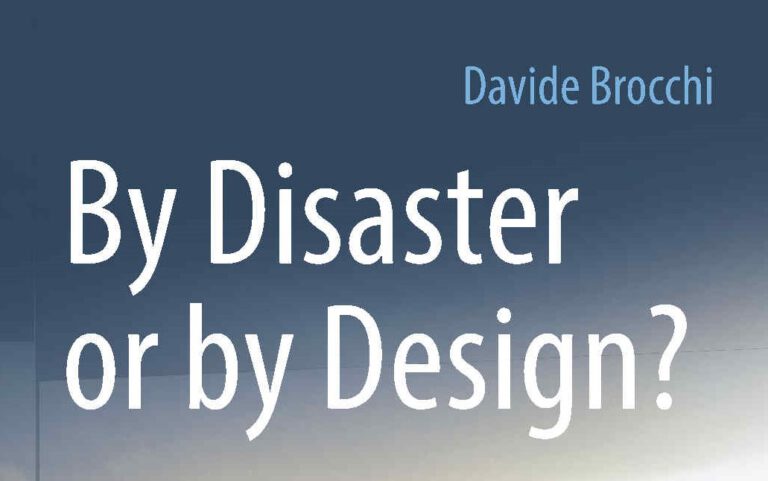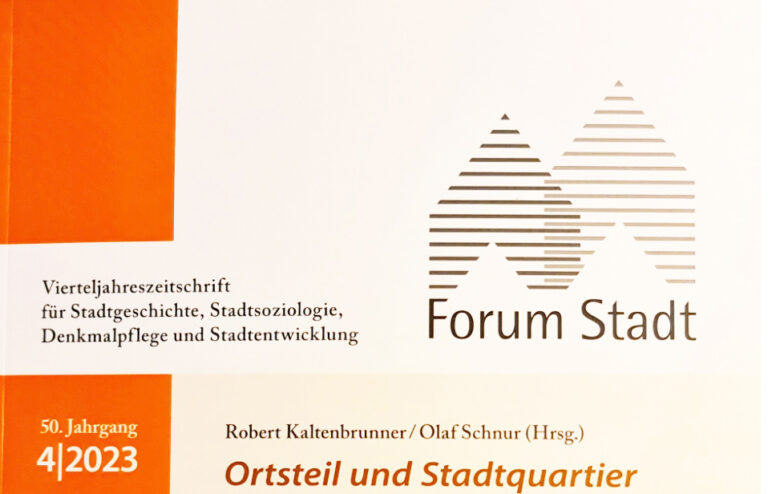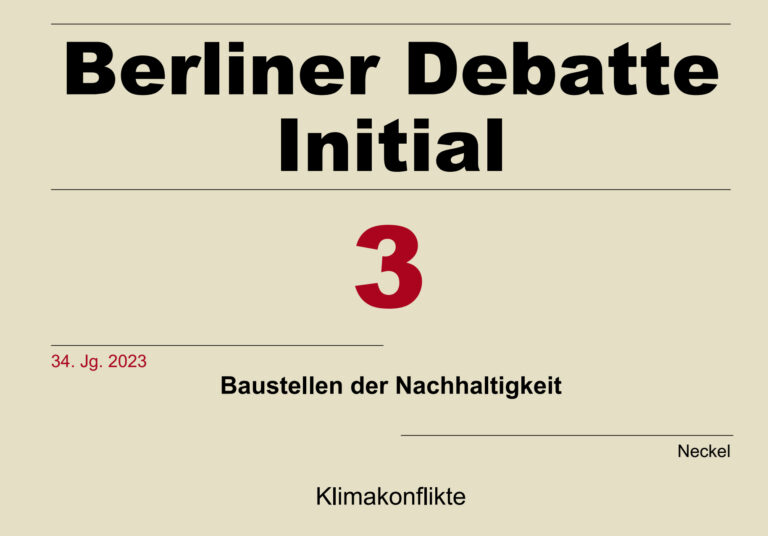As climate change is not just a climate-related problem, social inequality is not only a problem of poor people. This essay explains why a structural social inequality, also in the distribution of power, is one of the main causes of the current polycrisis and inhibits a transformation of our society towards sustainability.
Nevertheless, the institutional debate on »sustainable development« in the frame given by the United Nations and governmental organizations continues to suffer from a social blindness, because it is still ideologically trapped in the dominant development model of modernization. While modernization is an expression of a separation thinking and consider privileges and disadvantages as independent from each other, sustainability (in a broader meaning) is an expression of an interconnected thinking. It stands for a good life not at the expense of others: Global South, peripheries, lower classes, future generations, and nature. What our society celebrates as »economic growth« is mostly based on an incomplete invoice in which externalized costs are hidden. At prosperity islands’ visible and invisible borders, structures of social inequality act like a »sorting machine« that sets who experiences development as progress and who as a recession; who benefits from it and who pays the price. Because on a limited planet each growing order causes a growing disorder elsewhere (according to the laws of thermodynamics), the current environmental crisis cannot be overcome without changing the structures and relations within the society. A sustainable transformation requires a fair redistribution of wealth, opportunities, and power – it means also a »democratization of democracy« in the Western countries. This essay is largely based on discourse analysis, literature and Internet research.
Source:
Davide Brocchi. (2023). Unequal into the Collapse: Why There Can Be No Sustainability Without Social Justice. Journal of Political Science and International Relations, 6(4), 99-110. https://doi.org/10.11648/j.jpsir.20230604.11













Neueste Kommentare